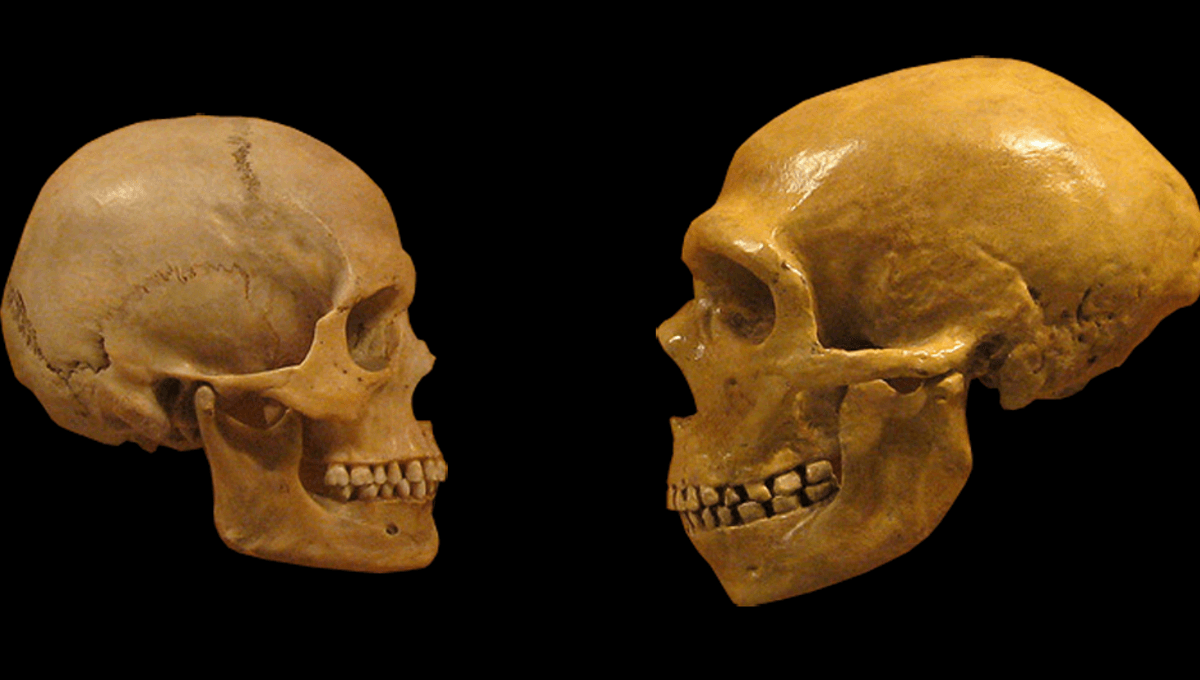
Have you ever wondered where our ancestors, a bunch of highly specialized primates, first came from and how they managed to spread to pretty much every corner of the planet? If so, then you have entertained a question that has occupied many minds for centuries – and although various ideas have been suggested in that time, today we are most likely to reference a hypothesis that has Africa at its center. The “Out of Africa” hypothesis is generally regarded as the most likely explanation of our origins, but there are still misconceptions surrounding it.
Explaining the history of humanity
The “Out of Africa” hypothesis, or the recent African origin model, is relatively new when compared to the vast number of alternative explanations that have been offered over the centuries. The first thinkers to consider what the history of the human race looked like appeared in the Age of the Enlightenment while trying to tell a coherent story that merged known (and imagined) history with religious orthodoxy and classical mythology – a synthesis that was as creative in application as it was ambition, as you can imagine. This ultimately led them to locate humans within the Middle East, where the Garden of Eden was thought to be.
Then, in the late 18th century, anti-religious and anti-clerical thinkers turned to alternative sources to draw their origin stories. Rather than rely on biblical revelation, they consulted history, geography, and the history of languages (philology) for evidence of human dispersion, which took them further east towards the Indian subcontinent.
Ideas associated with this work regarded humans as made up of discrete races with independent origins that emerged at different times. This type of thinking is known as polygenism and was popular among many Enlightenment thinkers, such as Voltaire and David Hume. Polygenism remained influential until the middle of the 19th century, when Darwin’s work proposed a common ancestry for all humans. However, aspects of polygenism and racialized thinking persisted well into the 20th century and shifted to suggest that each “race” had its own independent evolutionary history.
At its extremes, these racial ideas became the bedrock for various nationalist movements, especially the Nazis. Although the racial tones have now been thoroughly discredited and are regarded as a little more than a bygone myth, there are still people who rely on them today.
Out of Africa or Multiregional hypothesis?
In the second half of the 20th century, researchers started to see Africa as the likely site of our common origins. In particular, observations made in the 1970s suggested that fossils phenotypically associated with humans were found in Africa earlier than anywhere else, which must have meant “modern humans” emerged from there. This also meant, in contrast to previous beliefs, that Europeans were also descended from African ancestors (which upset many a racist).
Then, in the late 1980s, genetic research into mitochondrial DNA (mtDNA) showed that the lineage of all modern human females came from an African origin around 200,000 years ago (this “origin” was later called Mitochondrial eve). This not only added greater weight to the Out of Africa hypothesis, but it also suggested that humans emerged as an entirely new species that had not interbred with other archaic humans, such as Neanderthals and Homo erectus. These early humans then left Africa around 60,000 years ago and replaced the other archaic species.
The hypothesis gained further confidence with the development of archaeogenetics in the 1990s, as it allowed scientists and researchers to accurately date mitochondrial and y-chromosomal haplogroups.
However, while some believed that early Homo sapiens emerged as a distinct group and then dispersed from Africa – eventually replacing all the other human species – there are those who argue for what is called the multiregional model. This competing explanation agrees with the Out of Africa idea that Africa represents the site of our origins, but it holds that humans evolved through a combination of adaptation as well as gene flow (interbreeding) between themselves and the now-extinct archaic humans in different regions.
In this model, Homo erectus arose in Africa around two million years ago and then spread out across the world, adapting to the regional conditions as they went. During that time, some populations became isolated for a while and developed in their own direction. However, through continuous interbreeding, genetic drift and selection meant that adaptations that were advantageous anywhere on earth would spread, allowing the whole species to develop in the same direction while keeping their regional adaptations. Through this process, local varieties of the species evolved into modern humans (Homo sapiens sapiens).
The multiregional model has gained significant support in the last decade, although the Out of Africa hypothesis, or altered versions of it, remains the most popular explanation. Studies of ancient DNA have revealed that non-African modern humans carry genetic contributions from archaic non-African humans. It is possible that these genetic variants are simply a hangover from a common ancestor between modern humans, Neanderthals, and Denisovans, it is more likely that it is due to interbreeding.
So the multiregional model is still a contender suggesting that our African ancestors did migrate and hybridize with local archaic humans in different regions in the world, though the genetic implications are likely to be minimal.
Ultimately, neither Neanderthals nor Denisovans survived into the modern world despite leaving a few genes behind. It seems they were unable to adapt to the climates they encountered or were unable to compete with modern humans.
All “explainer” articles are confirmed by fact checkers to be correct at time of publishing. Text, images, and links may be edited, removed, or added to at a later date to keep information current.
Source Link: The Out of Africa Hypothesis – The Origins Of Our Origin Story